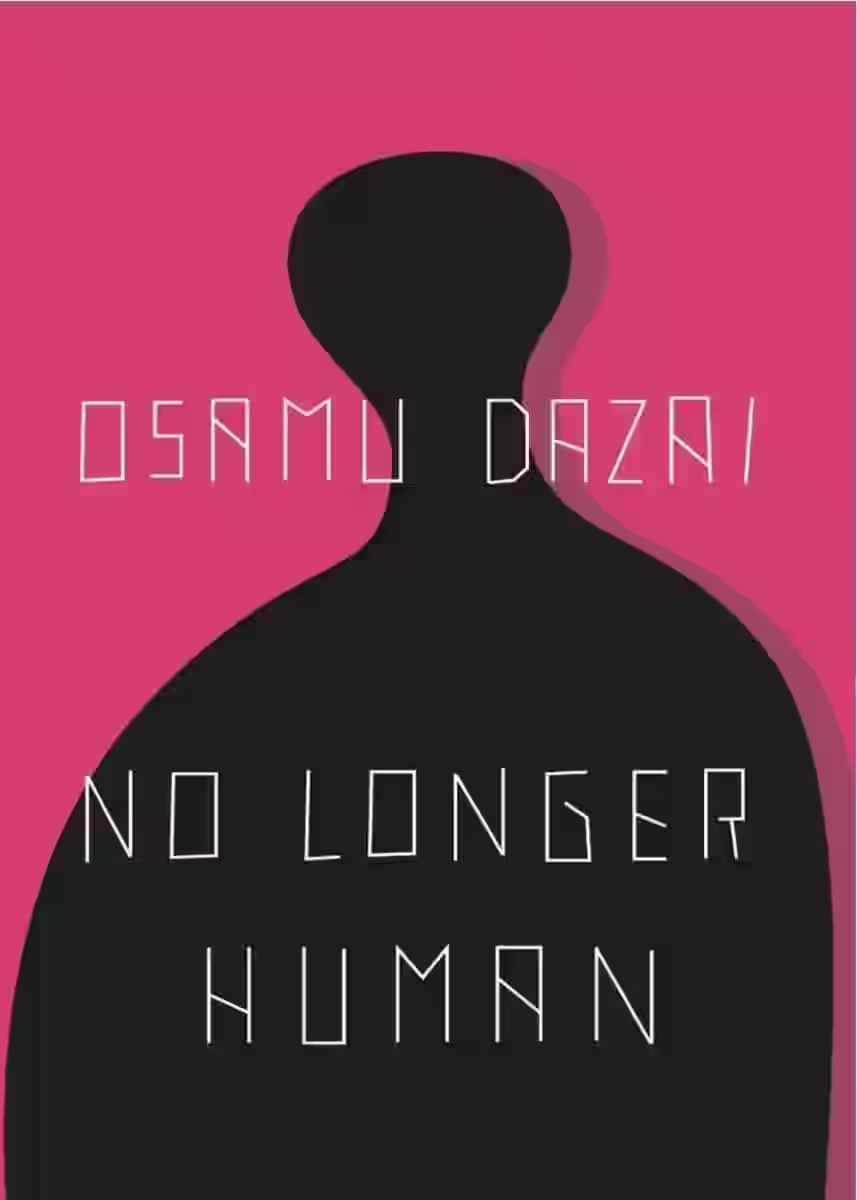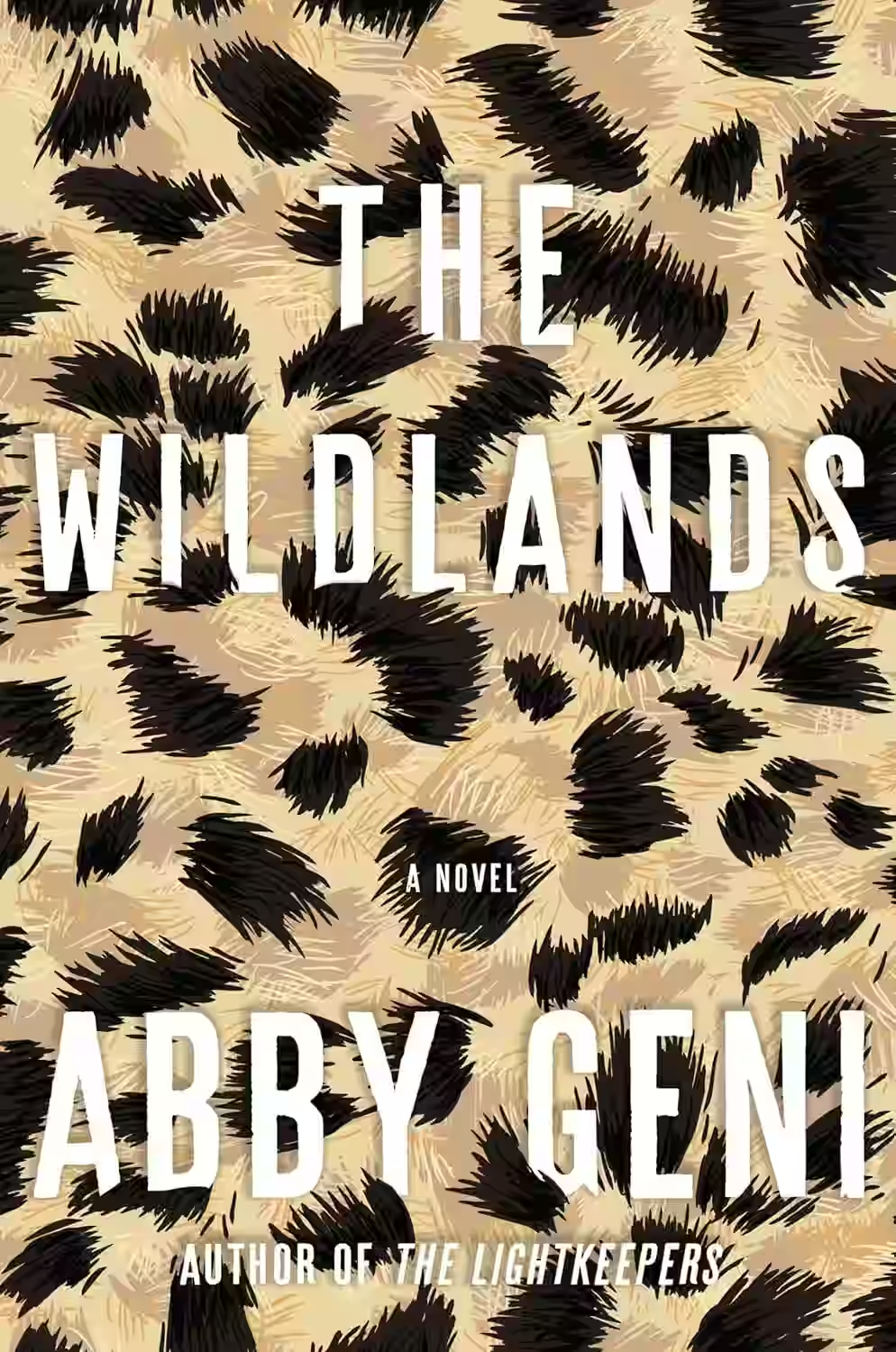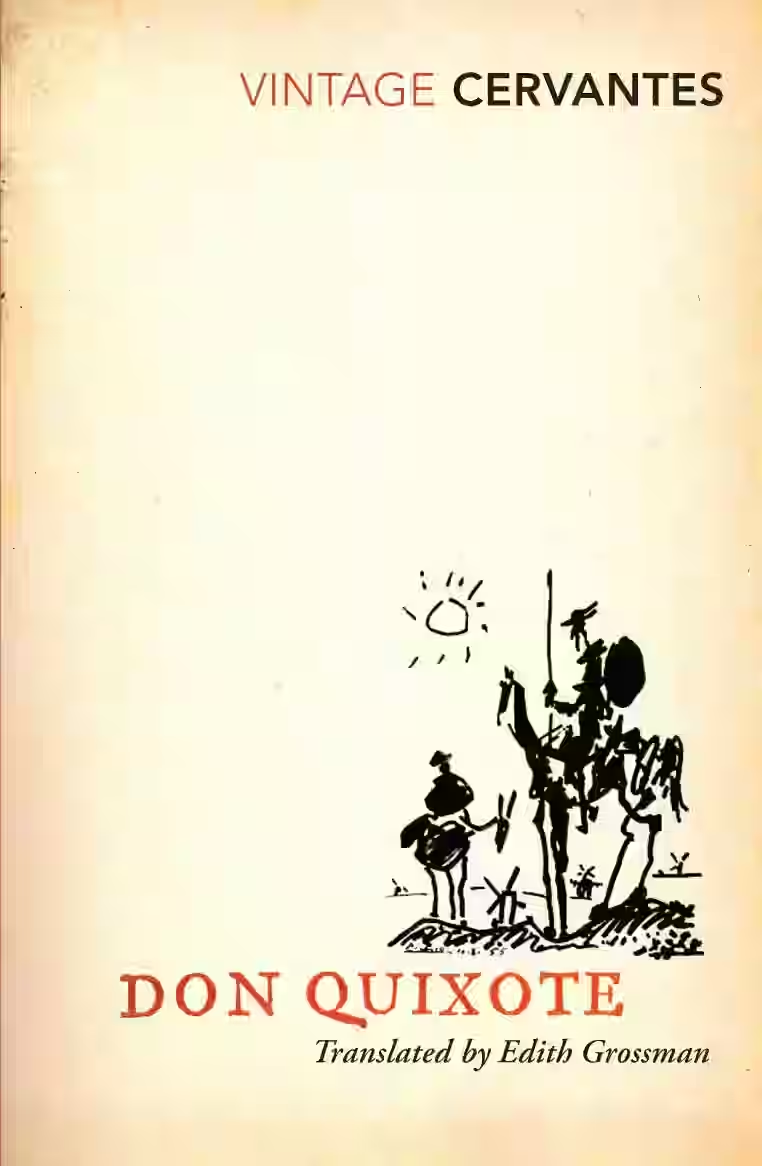
"No Longer Human" by Osamu Dazai is a profound exploration of alienation and identity, delving into the life of its protagonist, Ōba Yōzō. The novel takes the form of a confessional as Yōzō recounts his struggles with societal expectations and his own sense of worthlessness. Dazai's introspective style reveals Yōzō's descent into despair, providing a raw and unsettling portrait of a man who feels disconnected from the world. Themes of nihilism, mental illness, and the search for authenticity are intimately portrayed, making this work resonate deeply with readers who grapple with similar existential questions. "No Longer Human" is a poignant, haunting narrative that offers a mirror to the depths of human vulnerability and ultimately remains a timeless contribution to modern literature.
About Osamu Dazai
Osamu Dazai, born Shūji Tsushima on June 19, 1909, in Kanagi, Japan, emerged as one of the most poignant voices in 20th-century Japanese literature. Born into a wealthy family, Dazai's literary ambition was evident early, despite turbulent personal challenges that included addiction and multiple suicide attempts. His works often explore themes of alienation and self-destruction, mirroring his own tumultuous life. "No Longer Human" and "The Setting Sun" are perhaps his most notable contributions, reflecting post-war disillusionment and the struggle with identity. Dazai's raw, confessional style and exploration of existential despair left an indelible mark on Japanese literature, influencing successive generations of writers. His untimely death in 1948 conferred upon him a legacy as a tortured genius, securing his position as a perennial figure of intrigue and admiration in literary circles.
Similar Books

The Wildlands
by Abby Geni
In 'The Wildlands,' Abby Geni crafts a haunting exploration of loss, survival, and ecological reverence amidst a world scarred by disaster. Set in the aftermath of a catastrophic tornado that obliterates a family farm in rural Oklahoma, the novel follows the McCloud siblings as they grapple with poverty and fragmented dreams. Significant themes include the transformative power of grief and the unique bonds formed in shared hardship. Geni interweaves elements of a thrilling adventure with profound contemplations on humanity’s impact on the natural world. Engaging and poetic, 'The Wildlands' invites readers into its vivid landscapes and complex character dynamics.

Don Quixote
An aging Spanish nobleman, inspired by tales of chivalry, becomes the errant knight Don Quixote. Accompanied by his loyal squire Sancho Panza, he embarks on absurd and touching adventures, battling windmills and chasing idealistic dreams. Don Quixote is a rich, satirical masterpiece that examines reality versus illusion, the power of literature, and the enduring human desire to find meaning and purpose—even when the world calls it madness.

The Brothers Karamazov
The murder of brutal landowner Fyodor Karamazov changes the lives of his sons irrevocably: Mitya, the sensualist, whose bitter rivalry with his father immediately places him under suspicion for parricide; Ivan, the intellectual, driven to breakdown; the spiritual Alyosha, who tries to heal the family's rifts; and the shadowy figure of their bastard half-brother, Smerdyakov. Dostoyevsky's dark masterwork evokes a world where the lines between innocence and corruption, good and evil, blur and everyone's faith in humanity is tested.

East of Eden
Set in the rich farmland of the Salinas Valley, California, this powerful, often brutal novel, follows the interwined destinies of two families - the Trasks and the Hamiltons - whose generations hopelessly re-enact the fall of Adam and Eve and the poisonous rivalry of Cain and Abel. Here Steinbeck created some of his most memorable characters and explored his most enduring themes- the mystery of indentity; the inexplicability of love, and the murderous consequences of love's absence.